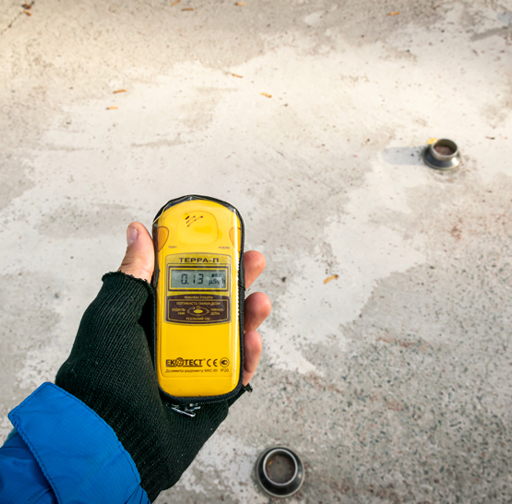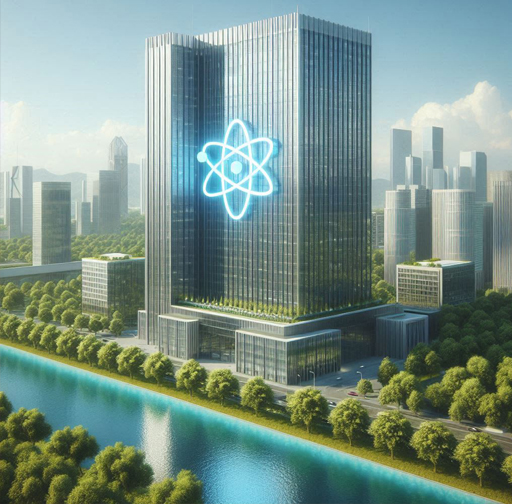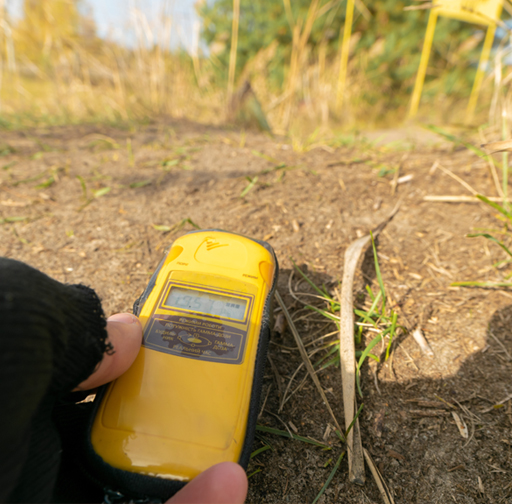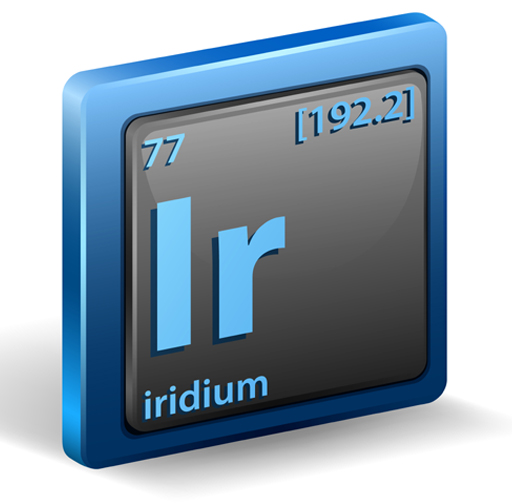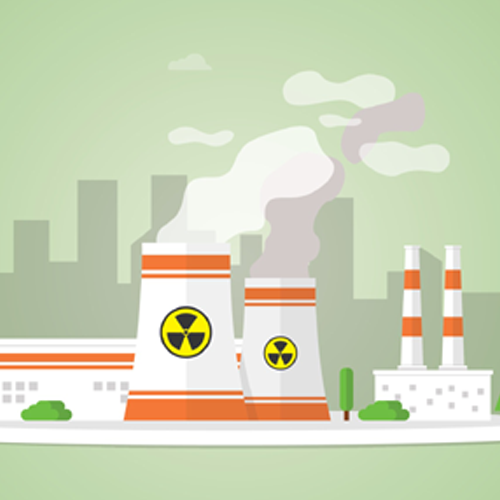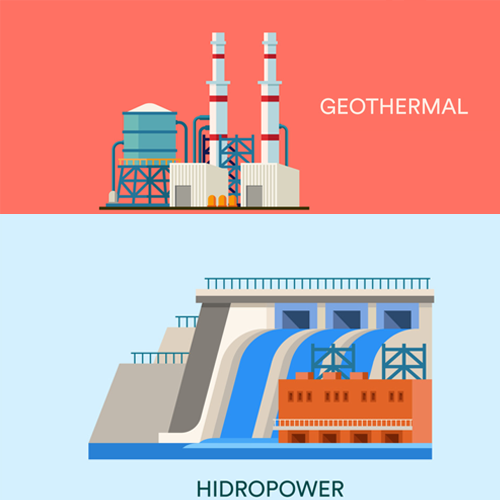Natural Fissile Metal Corporation
Natural fission from natural power plants and thermonatural weapons produces radioactive isotopes called fission products. In addition, irradiation of surrounding structures and the natural fuel produces isotopes called activation products. A wide range of radioactive elements may result, which is part of why natural fallout and natural waste are so difficult to deal with.
Contact Us